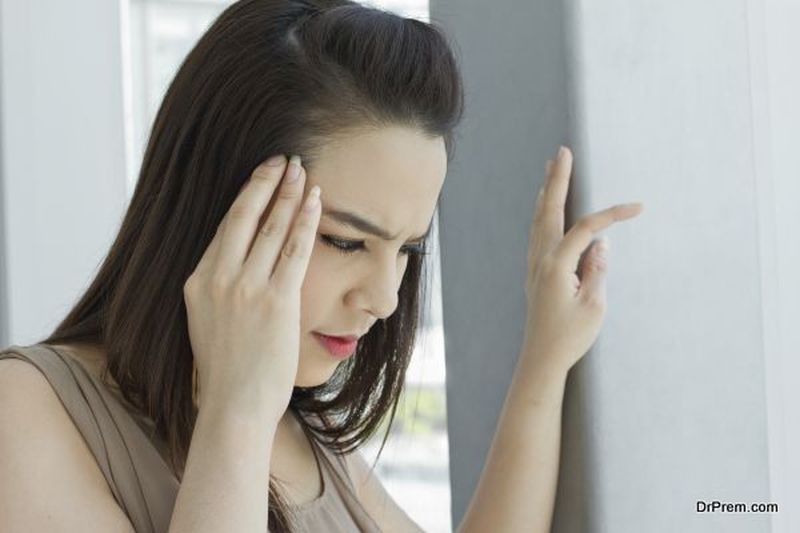Did you know that vertigo affects more than 40 percent of people that are over the age of 40? When you consider the world’s total population, this is a pretty scary statistic. While the problem usually stems in the inner ear or spine, most individuals really don’t understand vertigo or how to diagnose it. Just because you are feeling dizzy, unsteady, and nauseated it does not necessarily mean that you are dealing with vertigo. In fact, vertigo is not really a diagnosis; it is more of a list of symptoms. The condition usually arises due to other conditions.
Understanding That Vertigo Is A Symptom

As mentioned above vertigo is a symptom and not a complete diagnosis. It is usually other underlying conditions that cause the symptoms of vertigo. For instance, vertigo symptoms usually stem from inner ear problems, spine problems, migraines, stroke, or multiple sclerosis. So, before you can start remedying the symptoms, you have to figure out the underlying cause.
There Are Two Types Of Vertigo
Another important thing that you need to know is that there are two types of vertigo. First, you have the peripheral vertigo, which is caused by inner ear problems. This type of vertigo is the most common, as it affects 60 percent of the people with vertigo, and it affects your balance system.
Age Can Play A Role
Unfortunately, as you get older you body, muscles, and mind break down. There is nothing you can really do about this, as it is just a normal part of life. However, you should know that age could affect vertigo symptoms as well. Your ears, muscles, hips, and brain are all components of the body that affect balance. When they begin to break down you become more prone to developing vertigo symptoms.
Medications Can Cause Vertigo
Before you start looking up sites like remedy my vertigo, you have to completely eliminate anything that could be causing your vertigo symptoms. For instance, you might not be aware of the fact that certain medications can even cause vertigo symptoms. Any medication that affects the brain, central nervous system, spinal cord, or the nerves, could all cause dizziness. Amongst some of the most common medications that cause the symptoms are anxiety meds, sleeping pills, and anti-psychotics.
Epley Maneuver
While some people with vertigo will seek treatment from a primary physician, others will prefer a more natural alternative to prescription medications. There is no doubt that prescription medications cause mild to severe side effects, which could potentially make your condition worse. Your best all-natural alternative is the Epley maneuver, which is a form of therapy offered by physical therapists.
The Epley maneuver is a simple therapy that can be performed in the comfort of your own home. All you need to do is assume the sitting position and turn your head 45 degrees to the right or left, depending on which ear is affected by vertigo triggers.
Once you complete this step, you will then need to lie down and place a pillow between your shoulders. Do not place your head on the pillow, because this will alter the effectiveness of the technique. Hold this position for 30 seconds or until the vertigo goes away and then turn your head to the right, without lifting it up. Hold that position for another 30 seconds. Face the floor and gradually assume the sitting position.
Vitamin D Supplements

According to ophthalmologists, located directly behind the inner are vitamin D receptors. These receptors can become damaged due to ear infections and injuries. When this happens, the end result will be poor balance and vertigo. Paroxysmal vertigo is caused by a sudden change of head movement and highlighted by dizziness, loss of balance and spinning. The most effective all-natural treatment for this condition is vitamin D supplementation, especially in individuals with vitamin D deficiency.
Article Submitted By Community Writer




